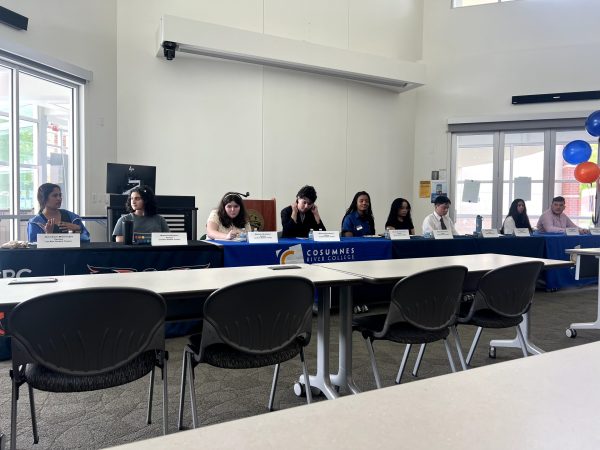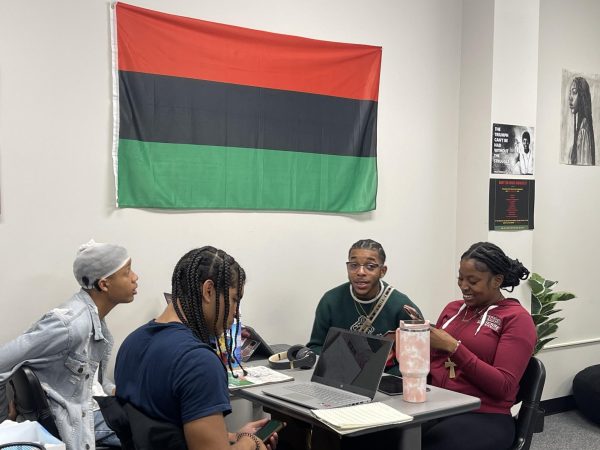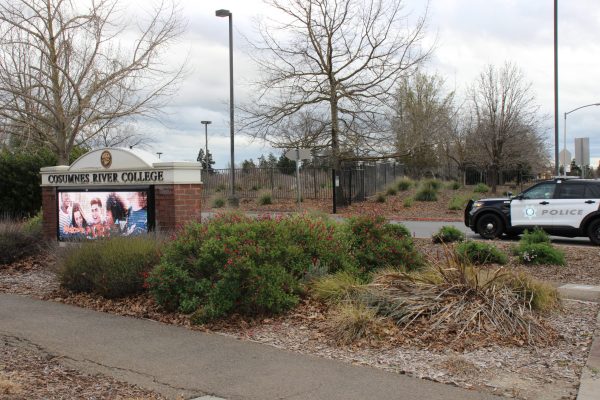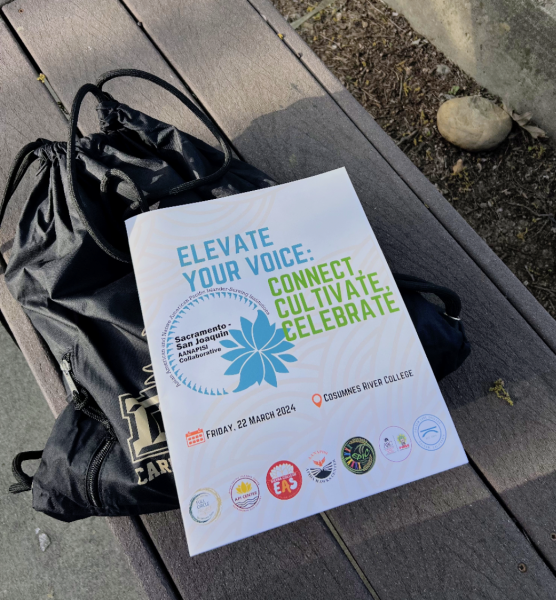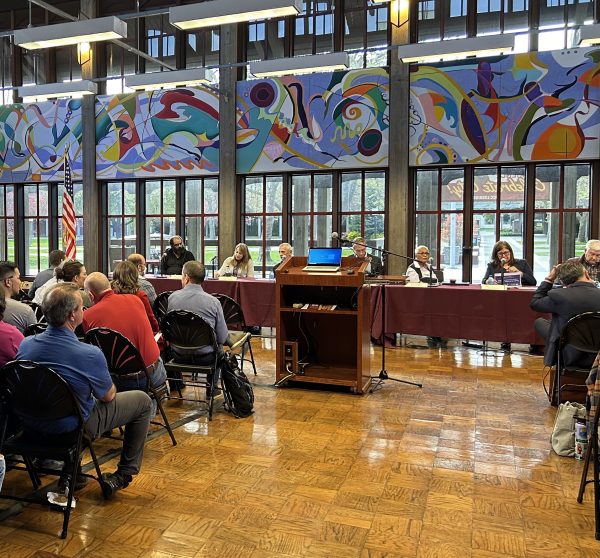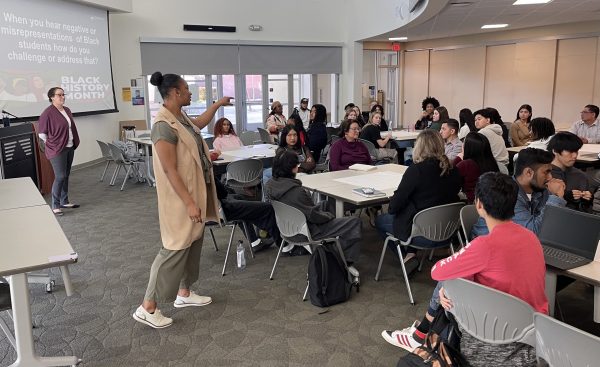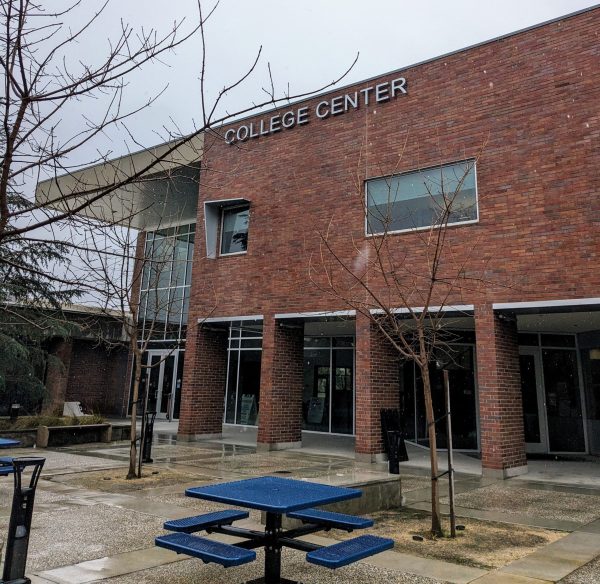Students find more information at major choosing workshop
Choosing a major can be hard, but Courtnee Mack, career and job opportunity specialist showed students that you don’t have to decide your entire life when you choose your major.
Mack led a major choosing workshop on April 18 in the Orchard Room. Mack typically holds three to four major workshops per semester.
Mack came about the topic of majors in a different way, and focused on the difference between a job and a career.
She said that a job isn’t long term, and that it’s mainly something to get you money. A career, she said, is something you have skills in and that fits you and your personality.
There are four steps Mack tries to go over during major workshops. She covers the process of planning your major by learning about yourself, exploring the possibilities, deciding on a career goal and implementing your career decision.
“A job stands for just over broke. A job is something that doesn’t necessarily require education, it doesn’t mean it’s necessarily something that you’re passionate about, usually it doesn’t really require skill, it’s just something to pay the bills,” said Mack. “A career is something that you’re passionate about, that you have training in and or education in. It is something that is your life long pursuit that you’re going to be doing long term and probably retire from”.
Many students are scared that the major they choose now will permanently affect their entire life. “Nine times out of ten, students already know what they want to major in, they’re just afraid to pull the trigger,” said Mack.
Part of Mack’s job is to help students feel comfortable with choosing the major that they want to choose. She tries to tell students “If you get this degree, here are the other options you can have with it; it’s not going to decide your entire life.”
Mack likes to assure students that it’s OK if your first job isn’t a perfect fit, and that on average, people change careers seven times. The rest of a student’s life does not need to be decided at CRC.
“I have actually had 41 jobs and this is my sixth career, but I found my niche in higher education,” said Mack. “You’re going to grow, you’re gonna change, you’re gonna mature, you’re interests are gonna be different from when you’re 18 to when you’re 25.”
Another interesting point Mack made was that “if you look at job descriptions, often times it’ll say bachelor’s degree in english preferred. ”
She highlighted that it typically says ‘preferred’, not ‘required’. From prior experience as a hiring manager, Mack advised that “we were always looking for diversity. Although we always wanted people with pharmaceutical backgrounds, science backgrounds, or business backgrounds preferred, we were open to people with history degrees and english degrees and liberal study degrees.”
Mack said that your degree can typically be used anywhere unless you’re applying for a job that requires a special set of skills like accounting or architecture.


